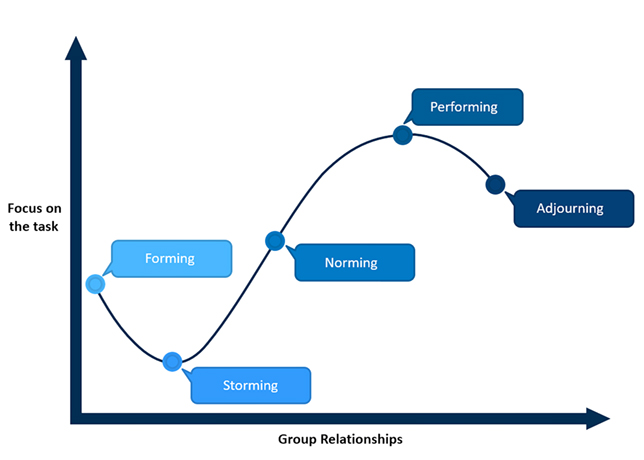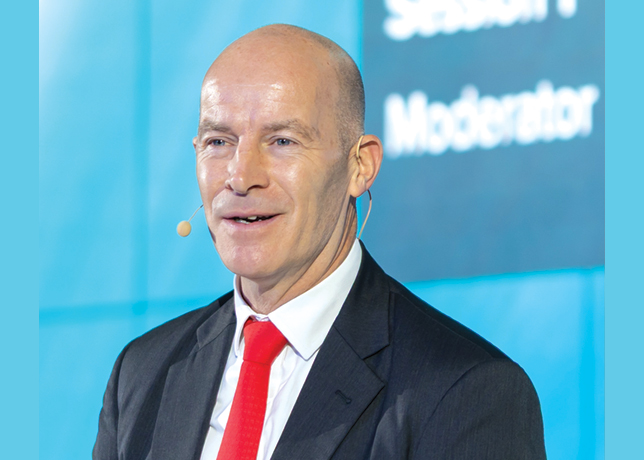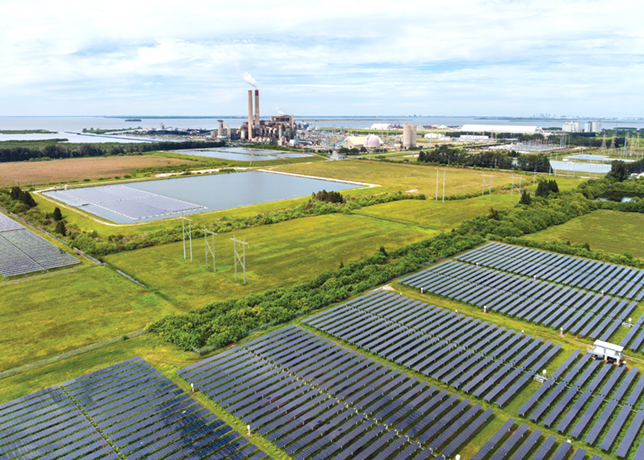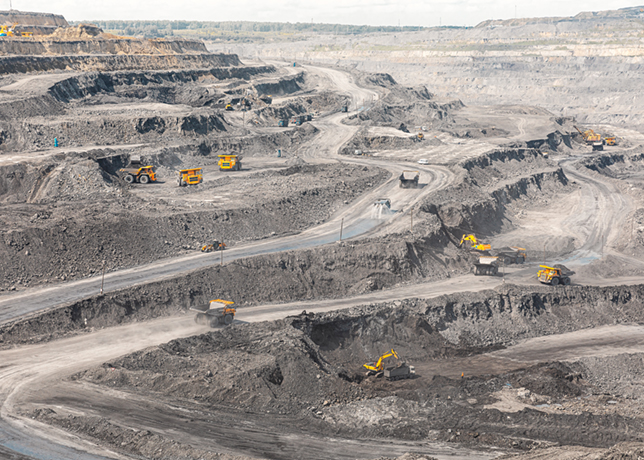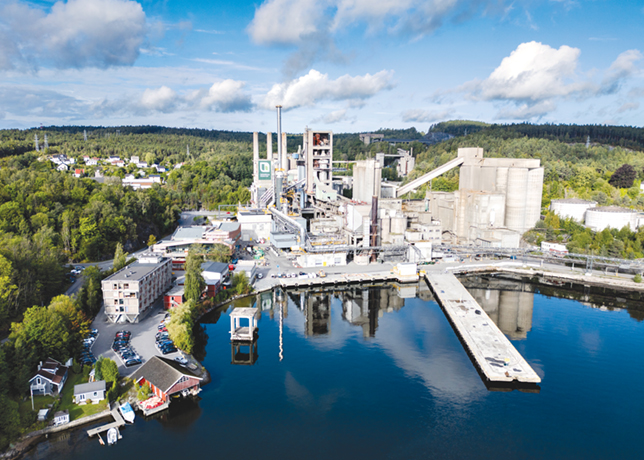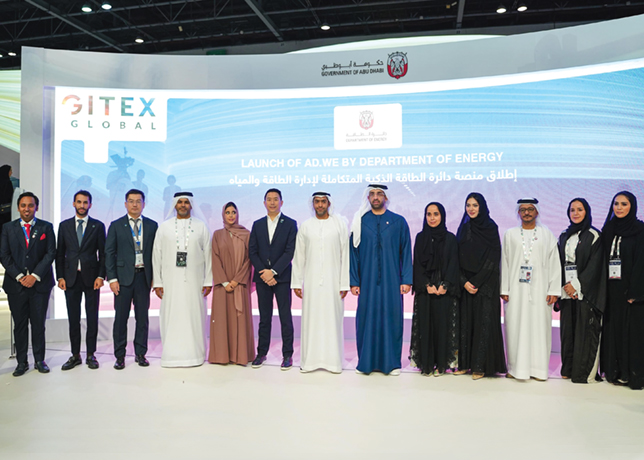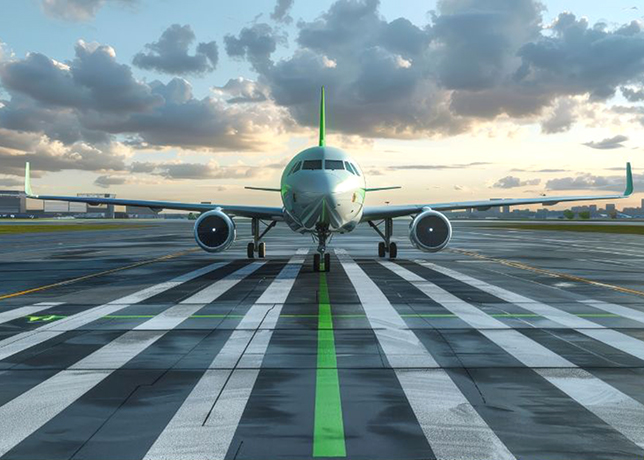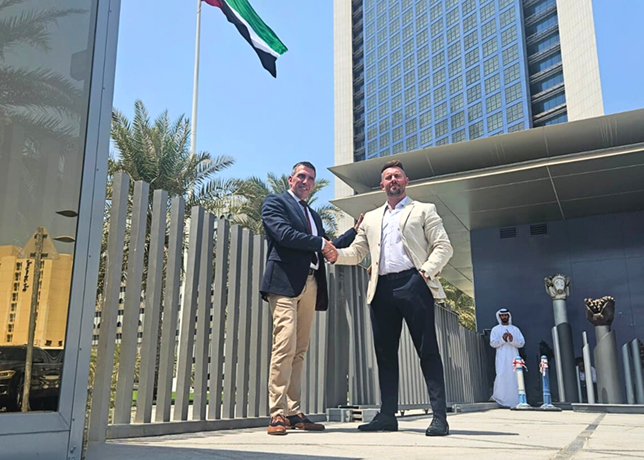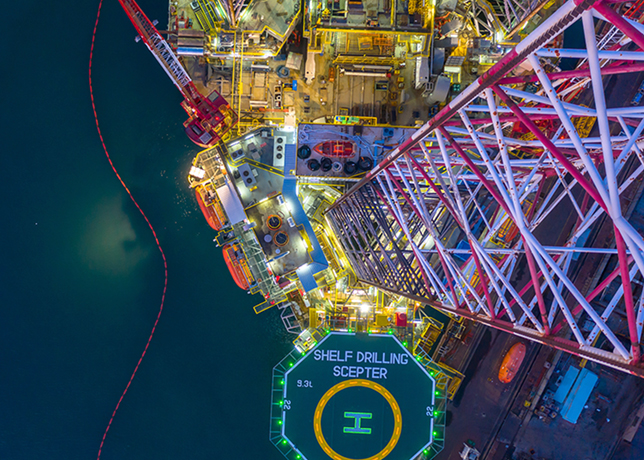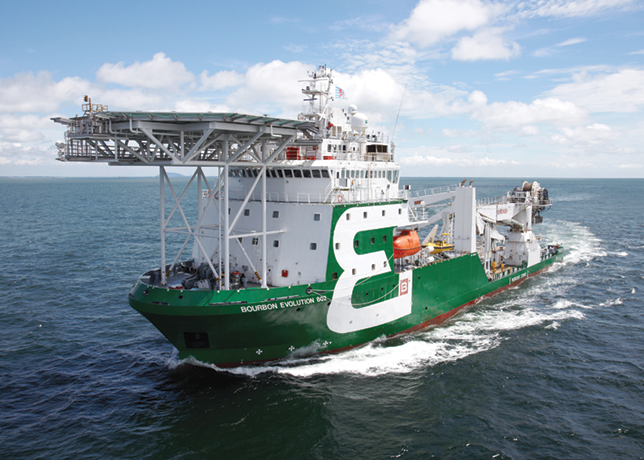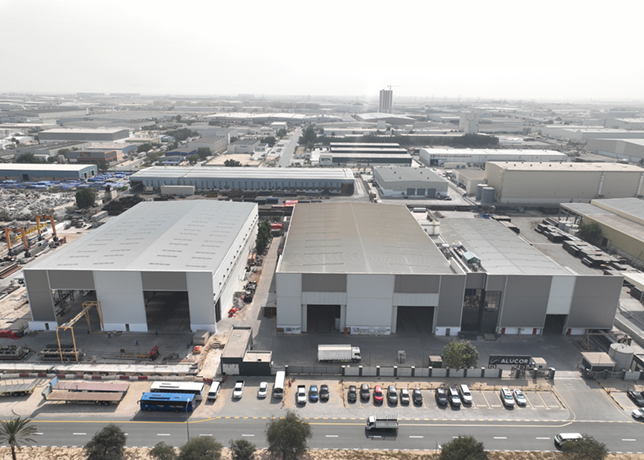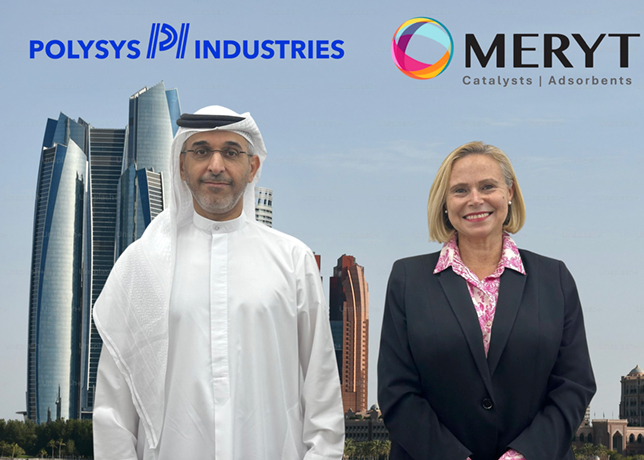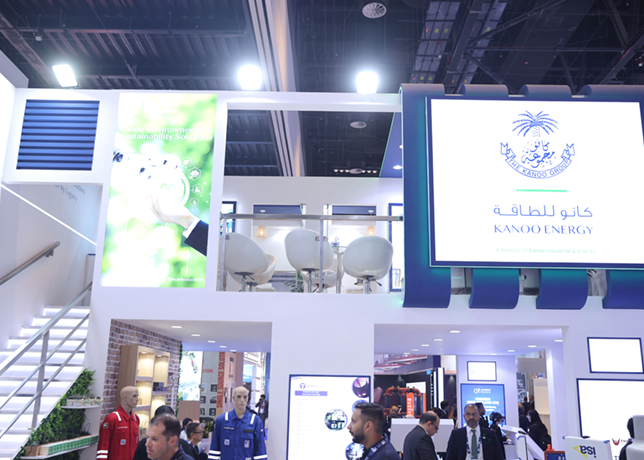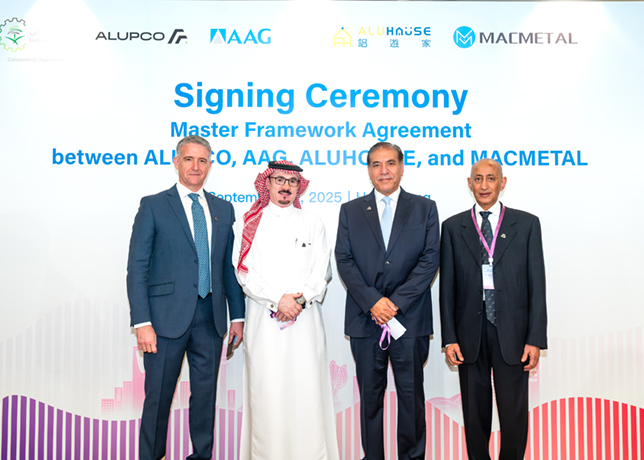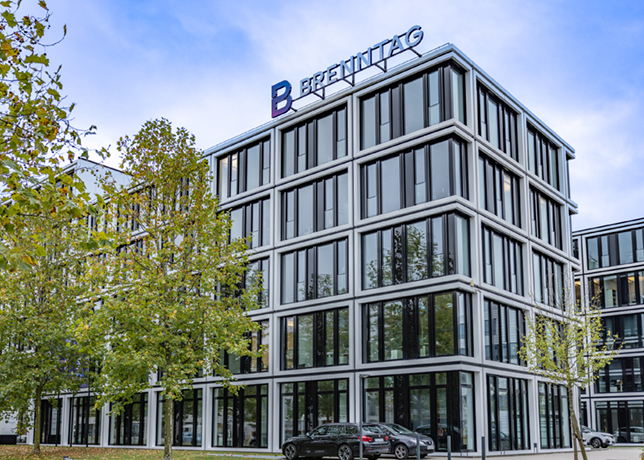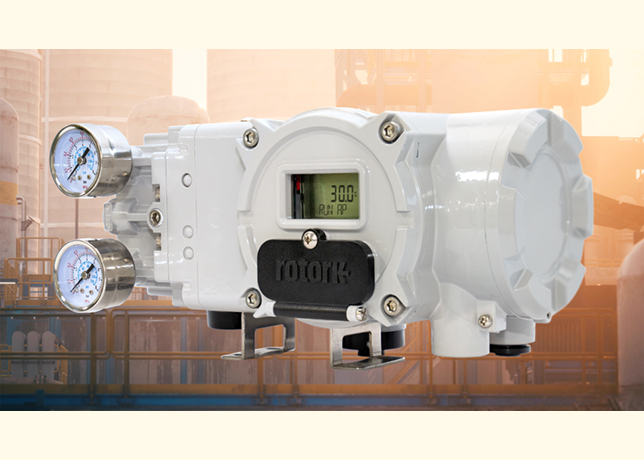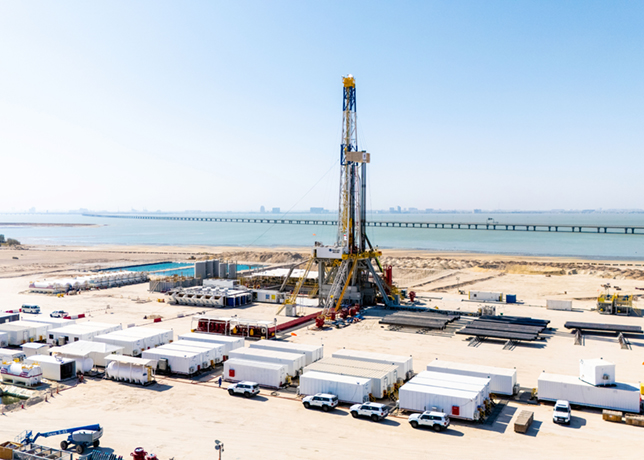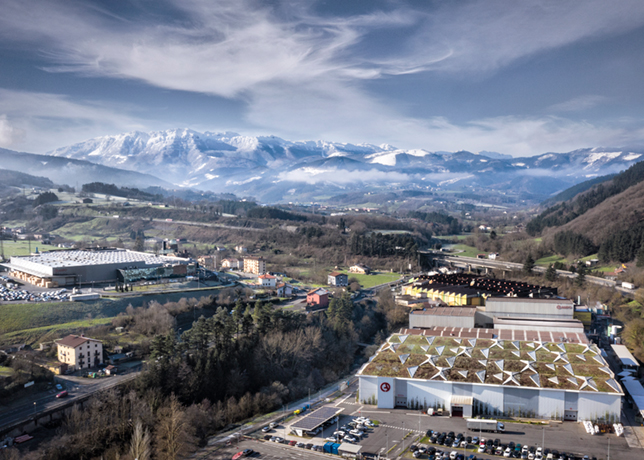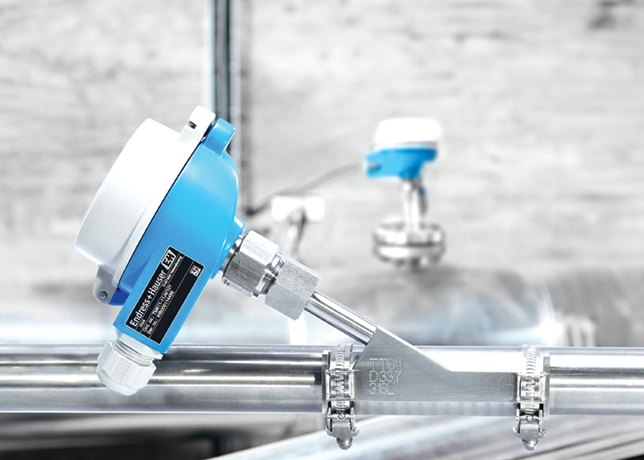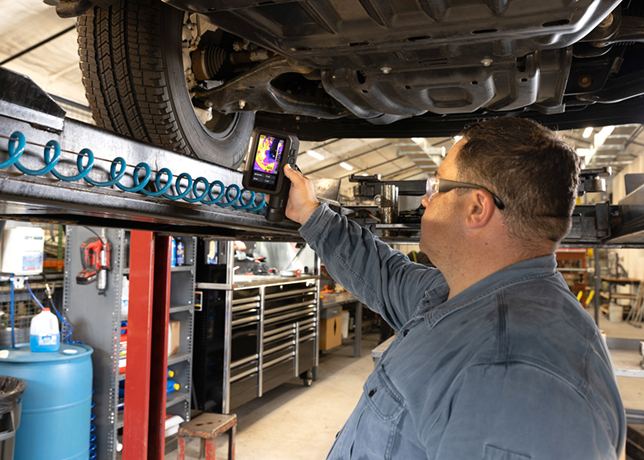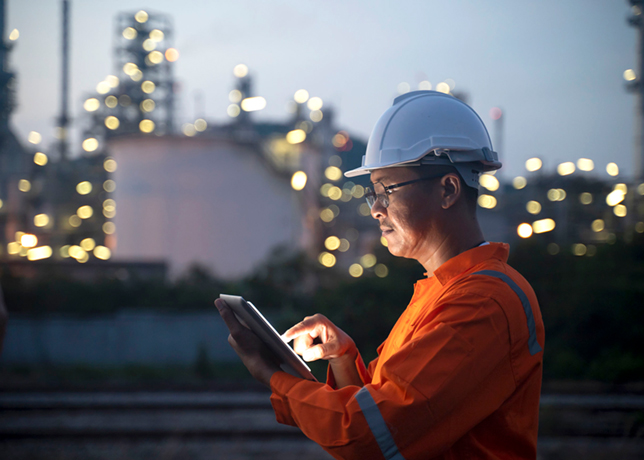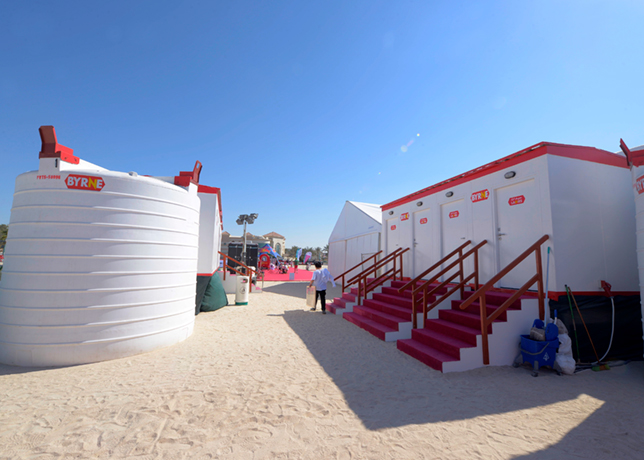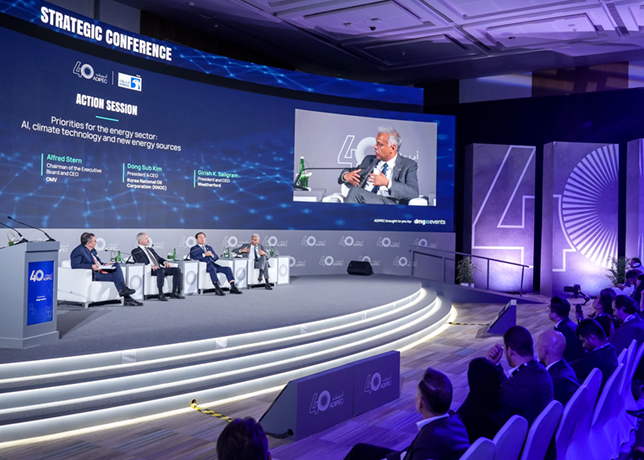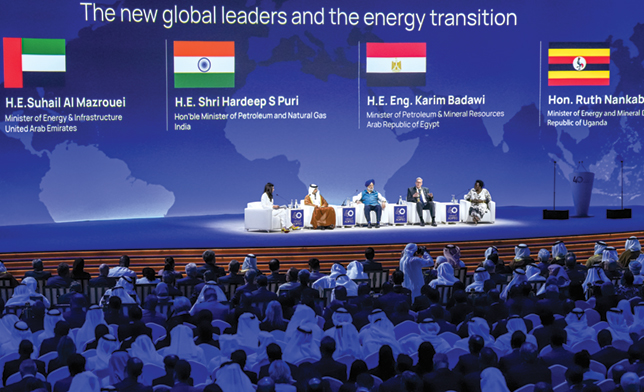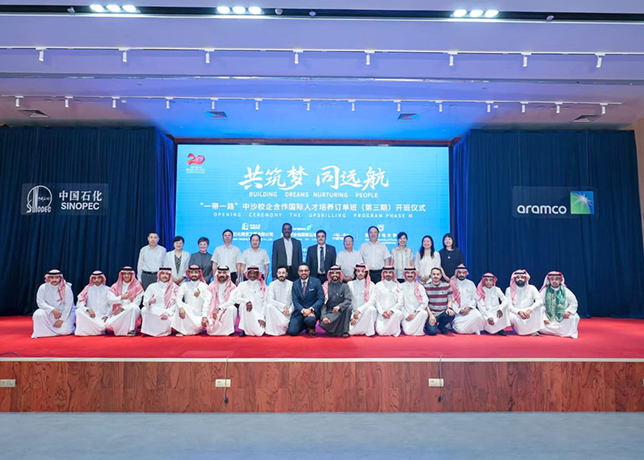
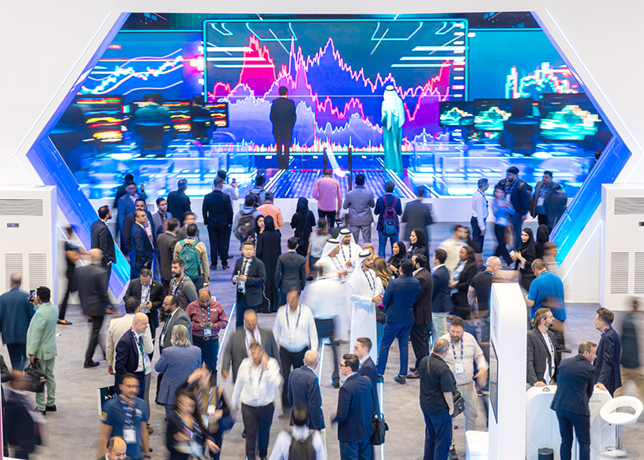
The specialised zones will connect innovators, investors and policymakers, driving new business opportunities and accelerating transformation across the global energy value chain. Here are the key zones:
AI Zone
THE AI Zone at ADIPEC 2025 will reveal how intelligence is redefining global energy systems, empowering people and driving bold, cross-sector disruption.
AI is emerging as a catalyst for faster decision-making, smarter operations and breakthrough innovation.
Simultaneously, energy is fuelling AI’s rapid growth, creating a powerful synergy where both forces drive progress together.
Through a blend of exhibitions, demos and leadership sessions, visitors will explore real-time, multisensory experiences and witness how energy providers are integrating AI to enhance performance, efficiency and sustainability.
Key attractions include the Intelligence Grid, which explores policy and participation in AI’s evolving role in energy; the Values Room focusing on human-AI collaboration and future skills; and the Talent Hub, designed to inspire youth through hackathons and innovation challenges.
The Frontier Stage will host transformative dialogue on scaling AI across the energy value chain, digital twins, intelligent automation and the ethics of self-learning systems.
• Impact: By 2030, AI is forecast to add $320 billion to the Middle East’s economy, with Saudi Arabia contributing $135.2 billion, the UAE $96 billion, and Egypt $42.7 billion.
Digitalisation Zone
The Digitalisation Zone will highlight how data, digital infrastructure and emerging technologies are reshaping global energy systems, enabling smarter, faster and more sustainable decisions.
Visitors will explore the future of energy technology through demonstrations of advanced analytics, next-generation cloud platforms and AI-powered systems that automate operations and improve safety and performance.
A dedicated content stage will feature thought-provoking discussions on cybersecurity, digital transformation and the role of technology in achieving net zero.
The Digitalisation and AI Conference will also convene industry pioneers and innovators to explore how next-generation tools can be integrated with current energy systems to build a more efficient and sustainable future.
Key themes will include the evolving roles of CTOs and CIOs in driving digital transformation, how AI is augmenting human intelligence in operations, and how academia is preparing future technologists to shape the energy sector.
• Impact: Smart grids and advanced energy management systems could cut 1.8 gigatons of CO2 emissions by 2030, while scaling AI applications could reduce global greenhouse gases by up to 10 per cent. The global smart grid market alone is projected to reach $186 billion by 2032.
Decarbonisation Zone
The Decarbonisation Zone at ADIPEC 2025 will serve as a powerful platform for action, addressing one of the energy sector’s most urgent imperatives: How to reduce emissions while safeguarding energy security and economic growth.
Bringing together policymakers, investors, innovators and industry leaders, it will showcase scalable technologies and practical solutions driving system-wide transformation, from new energies and storage to carbon capture, infrastructure and utilities.
As global industries accelerate clean technology deployment, the momentum behind decarbonisation is undeniable.
The International Energy Agency (IEA) projects clean energy investment to reach $2.2 trillion in 2025, with the hydrogen sector alone seeing over 1,500 projects and more than $600 billion in planned investments.
Carbon capture and storage technologies are scaling fast, and methane reduction efforts are intensifying, particularly in oil and gas, which accounts for 40 per cent of global methane emissions.
The Decarbonisation Zone will provide a forum for collaboration, investment and dialogue, helping industries adopt agile business models that share risk, distribute cost and prioritise innovation.
Building on lessons from LNG adoption, participants will explore how hydrogen, sustainable aviation fuels and alternative energy systems can reach commercial viability through supportive regulation and targeted financing.
With discussions spanning grid modernisation, digitalisation and clean fuel deployment, the zone will spotlight the technologies and strategies redefining energy resilience and competitiveness.
• Impact: Clean energy investment must reach $4 trillion annually by 2030 to achieve net-zero. In 2023 alone, global energy transition investment hit a record $1.8 trillion.
Meanwhile, CCS could cut emissions by 15 per cent by 2070, and digital technologies may reduce global energy consumption by 10 per cent within the decade.
Maritime & Logistics Zone
The Maritime & Logistics Zone at ADIPEC 2025 will serve as a global platform to accelerate the decarbonisation of shipping, ports and supply chains — industries that together enable 80 per cent of world trade.
As the backbone of global commerce, maritime and logistics play a critical role in connecting economies, ensuring energy security and maintaining the flow of goods.
Yet, they also account for nearly three per cent of global greenhouse gas emissions, making their transformation essential to achieving net-zero goals.
Designed as a solutions-driven hub, the zone will unite industry leaders, regulators, innovators and technology pioneers to explore actionable pathways toward low-emission operations.
From alternative fuels and vessel electrification to smart port infrastructure and digital optimisation, it will spotlight technologies that make global trade cleaner, safer and more efficient.
Visitors will discover how collaboration across energy, transport and logistics is reshaping global supply networks through real-world innovation and investment.
The Maritime & Logistics Conference will delve into how ports, fleets and storage hubs are adapting to a new era of decarbonised, data-driven operations.
With discussions spanning hydrogen and biofuel bunkering, AI-enabled predictive maintenance, blockchain-powered transparency and advanced cybersecurity, the track will highlight scalable solutions for a resilient, future-ready maritime ecosystem.
The emphasis will be on cross-sector partnerships, financial innovation and the integration of digital intelligence to balance growth with sustainability.
• Impact: The maritime sector moves 80 per cent of global goods and contributes 2.8 per cent of total GHG emissions.
Without stronger policy measures, emissions could rise by 50 per cent by 2050. Yet progress is evident. Global trade grew 2.4 per cent in 2023, and over 520 dual-fuel vessels capable of running on cleaner fuels are now on order, signalling an industry in transformation.







































































